Main Content
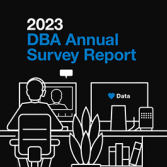
Five findings from the 2023 DBA Annual Survey Report and how to apply them to your business
The 2023 DBA Annual Survey Report is hot off the press and packed full with valuable benchmarking data. From effective forecasting to strengthening your new business pipeline, DBA Experts delve into the Report’s findings and share advice you can apply to your business.
 The 2023 DBA Annual Survey Report has found that agencies’ biggest concern in the immediate, near and long-term is the new business pipeline.
The 2023 DBA Annual Survey Report has found that agencies’ biggest concern in the immediate, near and long-term is the new business pipeline.
“I believe we have a perfect storm of change affecting businesses at this time” says Lucy Mann. ”Post-Brexit, post-Covid, increased economic and political uncertainty not to mention the whirling spectre of emerging tech means that both clients and agencies are feeling the pressure. For many agencies, previously reliable revenue is proving less so and decision making has become far more protracted with new clients.”
Lucy’s advice: “New Business” is a particularly unhelpful term at times like this. Instead let’s think about how we can win and grow the right kind of new relationships. We need to understand the pressures clients are dealing with and the problems they need to solve and demonstrate clearly how we help. We must ask more questions, do more research, be curious and interested. Sustainable new business means a focus on starting conversations rather than simply looking for projects.”
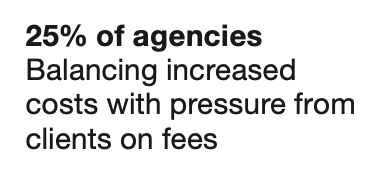 For around a quarter of agencies, balancing increased costs with pressure from clients on fees is a key concern in the short, medium and long-term.
For around a quarter of agencies, balancing increased costs with pressure from clients on fees is a key concern in the short, medium and long-term.
Agencies are increasingly needing to have difficult conversations around value and rates whilst juggling a concern around reduction in client budgets overall.
“It’s always been important for agencies to champion the value they bring but perhaps it’s becoming more crucial,” says Adrian Day. “Artificial intelligence, online on-demand design services, lower barriers to entry and cross-border competition all mandate that you promote the unique value you bring.”
When it comes to navigating conversations with clients around fees, Adrian advises:
- The first rule is ‘be confident’. The impending conversation may not be as tricky as you imagine. And challenge your inner ‘imposter syndrome’. If you’re not confident in the value your company delivers, then you can’t expect your client to be.
- Secondly, focus on the benefits of what it is that you are delivering for the client.
- And finally, be ready to walk away. Fewer clients paying a higher fee may be better than many clients forking out lower sums.
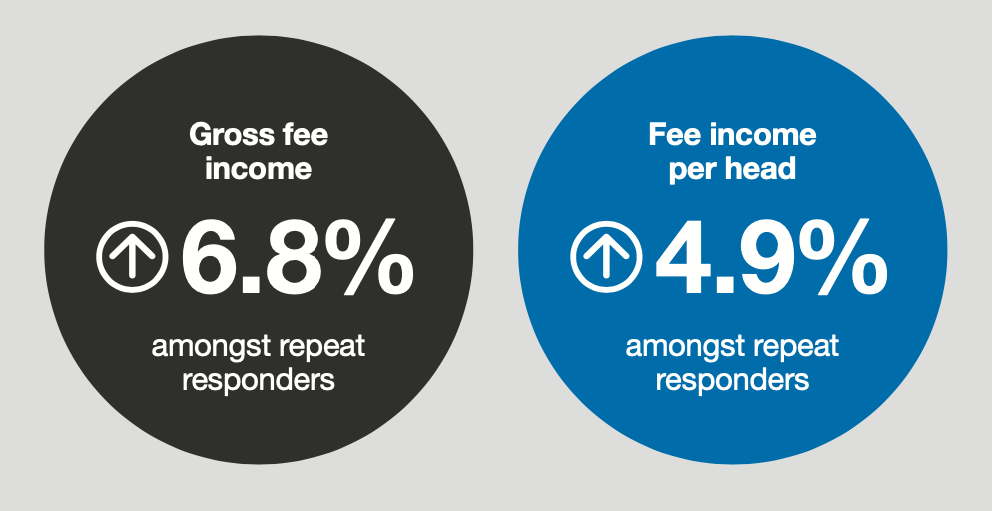 Gross fee income and income per head have both increased on last year amongst the Survey’s repeat responders. However, the report highlights that in the context of inflationary rates, such increases don’t represent real growth.
Gross fee income and income per head have both increased on last year amongst the Survey’s repeat responders. However, the report highlights that in the context of inflationary rates, such increases don’t represent real growth.
Sim Thirunesan cautions that effective cash flow management will be key. “If cost base increases and revenue growth rate don’t match, there will be a squeeze on cashflow,” she says. “Incurring debt will also cost more, therefore agencies need to be aggressive in contract negotiation and cost management.”
Inflation should be factored into forecasts to ensure real growth targets are put into place.
“Inflation can be added to the desired revenue growth when budgeting, but serious consideration must be given to the reality of price increases and thought must be given to price sensitivity versus perceived value,” says Sim. “An effective pricing strategy which regularly reviews pricing is an important discipline within the agency.”
Sim recommends that in line with forecasting revenue growth, you should review the prior year’s profit margin and determine the desired increase. “This is a key KPI to set and measure your agency’s performance,” she says. “Suppliers and your staff will also be looking for increases, so careful management is required, and a variety of strategies can be employed to ensure a successful outcome.”
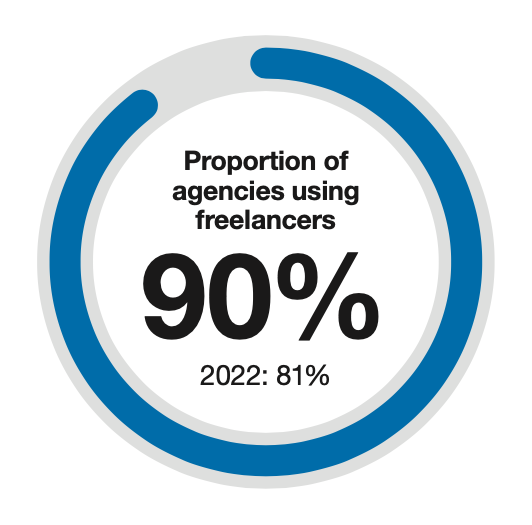 The number of agencies engaging workers on a freelance basis has increased by 9% in a year. While freelancers as a percentage of workforce has almost doubled from 6.6% in 2020 to 12.5% in 2023.
The number of agencies engaging workers on a freelance basis has increased by 9% in a year. While freelancers as a percentage of workforce has almost doubled from 6.6% in 2020 to 12.5% in 2023.
Says Aliya Vigor-Robertson, “Freelancers offer great flexibility for businesses, especially for design businesses whose client/project work comes in ebbs and flows. It also allows businesses to dip into specialisms that they may not have in-house or may not require 100% of the time, which in turn could be more cost effective.”
When using freelancers Aliya recommends agencies should:
- Ensure you have legally sound freelance agreements. An NDA may also be applicable.
- Consider how you can efficiently induct freelancers into the business/ project.
- Make freelancers aware of any key internal policies such as GDPR.
- Be mindful that you do not treat freelancers like employees, e.g., they shouldn’t have access to employee benefits.
- Regularly audit your freelancers to ensure they remain IR35 compliant.
“IR35 is still a very important consideration for design businesses engaging with freelancers,” says Aliya. “Businesses should consider whether the small business exemption applies to them (and continues to, if they see growth). If not, they are responsible for determining the freelancer’s IR35 status. We would recommend that businesses review any new freelancers to identify whether they fall inside or outside of IR35,” Aliya adds. “There are handy checklists available online to support (like this one), or speak to a specialist.”
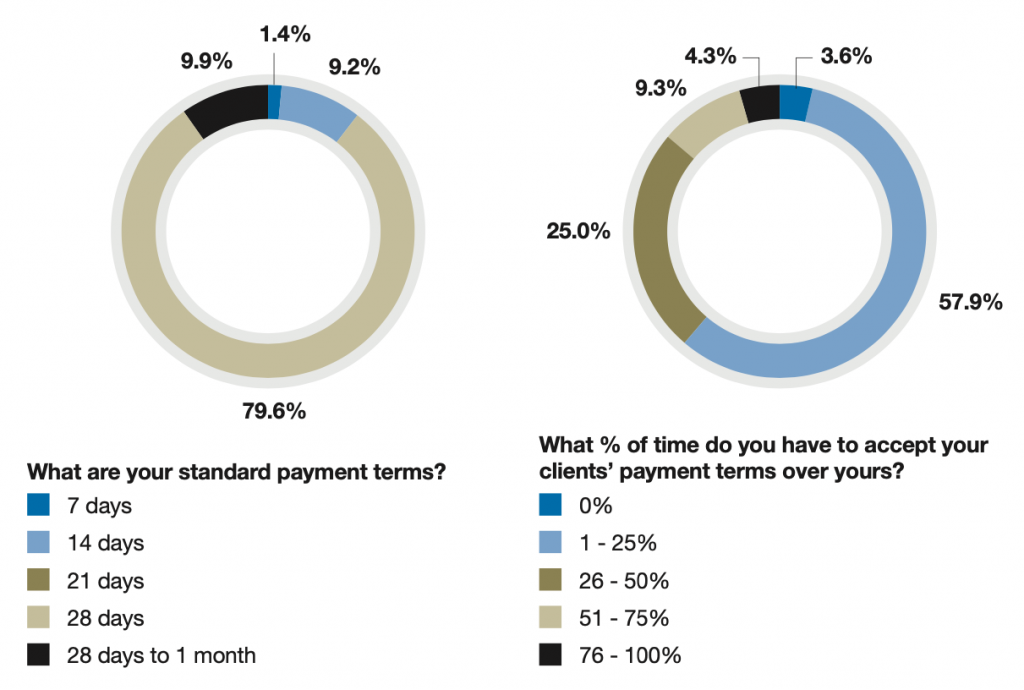 The industry standard is to offer one-month payment terms, and this has increased from 54% of respondents in 2021 to 80% in 2023. But, payment terms are not always accepted by clients – only 3.6% of agencies always get clients to accept their terms rather than having the clients’ terms imposed on them.
The industry standard is to offer one-month payment terms, and this has increased from 54% of respondents in 2021 to 80% in 2023. But, payment terms are not always accepted by clients – only 3.6% of agencies always get clients to accept their terms rather than having the clients’ terms imposed on them.
Chris Lang highlights that the main thing to consider before accepting a client’s longer payment terms “is the availability of enough cash to get through until money is received from the client.”
“If in any doubt,” he says, “consider exploring funding options as early as possible. If extra funding is needed ensure you are making sufficient profit from the work to make up for the cost of any borrowings. The earlier this is explored the easier, and likely cheaper, any borrowings will be.”
A scenario where longer payment terms may be acceptable is when it is for a fee retainer (i.e. no external costs.) “The caveat being that there is enough working capital in the company to allow this,” says Chris. “Longer payment terms should definitely be avoided if buying in costs to be recharged to the client, for which payment is needed prior to being paid by the client.”
 The DBA Annual Survey Report is an invaluable members-only business tool which enables you to benchmark your financial performance with your peers. Released each October it covers fees, salaries, utilisation, income, recovery rates, benefits and trends within DBA member companies. Data is segmented by geography and size of agency to make comparisons more relevant. Find out how members use the Report and how to access a copy.
The DBA Annual Survey Report is an invaluable members-only business tool which enables you to benchmark your financial performance with your peers. Released each October it covers fees, salaries, utilisation, income, recovery rates, benefits and trends within DBA member companies. Data is segmented by geography and size of agency to make comparisons more relevant. Find out how members use the Report and how to access a copy.
The Report is produced in collaboration with Moore Kingston Smith and with the support of our sponsors Paprika and VisionFR.
DBA members can also login and watch a recording of the 2023 DBA Annual Survey Report launch webinar, featuring Esther Carder, Partner at Moore Kingston Smith presenting a detailed analysis of the benchmarking data and trends.
About the DBA Experts

Adrian Day: As a Non-Executive Director, Adrian can help your business perform better by acting as your experienced, objective and supportive ‘critical friend’.
Aliya Vigor-Robertson : Aliya and her business partner Sue run an HR Consultancy called JourneyHR. They have a brilliant team of creative industry HR specialists who work with a large community of award winning clients helping them attract and retain their talent.
: Aliya and her business partner Sue run an HR Consultancy called JourneyHR. They have a brilliant team of creative industry HR specialists who work with a large community of award winning clients helping them attract and retain their talent.
 Chris Lang: Chris and his team have worked with many companies over the years to help improve their financial performance, not only by processing day to day data but also improving processes and commercial awareness throughout the comany. This approach ensures high quality information and therefore better decision making at the top level.
Chris Lang: Chris and his team have worked with many companies over the years to help improve their financial performance, not only by processing day to day data but also improving processes and commercial awareness throughout the comany. This approach ensures high quality information and therefore better decision making at the top level.

Lucy Mann: Lucy helps agencies optimise their new business performance. Drawing on 30 years’ new business experience, Lucy works with agencies to create workable new business and marketing strategies and plans, mentors in house new business teams and helps client service teams build deeper, more profitable relationships.
 Sim Thirunesan: Sim provides dynamic financial insight and strategic business management support to creative professionals, allowing them to focus on excelling at what they do best. By providing clear insight, she can help you make the best decisions for your business and enable you to plan effectively, freeing up your time to focus on unlocking your maximum potential and produce the best work for your clients.
Sim Thirunesan: Sim provides dynamic financial insight and strategic business management support to creative professionals, allowing them to focus on excelling at what they do best. By providing clear insight, she can help you make the best decisions for your business and enable you to plan effectively, freeing up your time to focus on unlocking your maximum potential and produce the best work for your clients.
Access all the consultants on the DBA's Register of Experts
DBA Experts are here to help you navigate the challenges and decisions you face as you grow your business. Our register of accredited expert consultants have sustained and relevant experience in supporting the design industry, so you can rest assured that you will be getting sound, high-level support.
Our Experts have extensive experience supporting the creative industries and are:
- DBA approved.
- Recommended by peers.
- Reference checked.
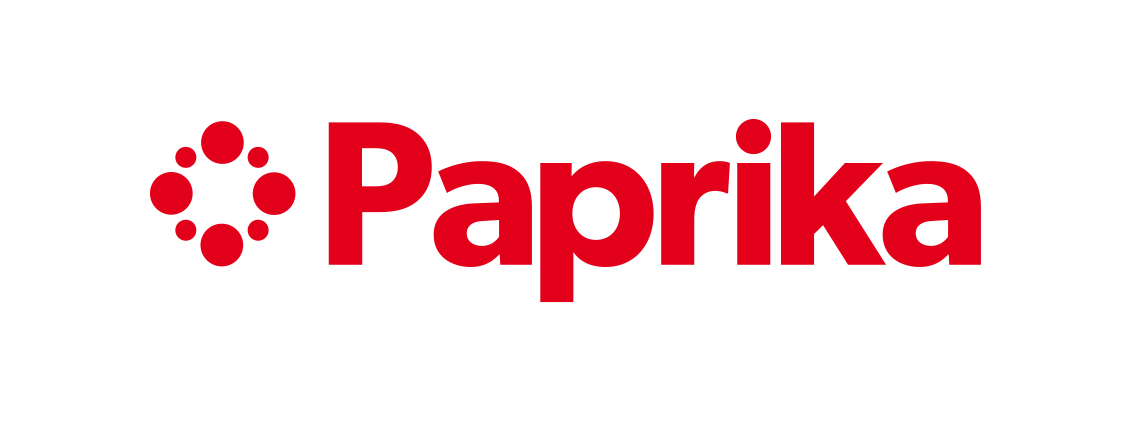
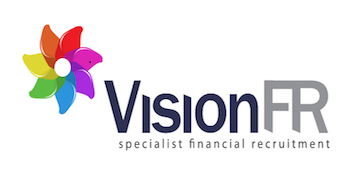

The 2023 DBA Annual Survey Report is produced in collaboration with Moore Kingston Smith and with the support of our sponsors Paprika and VisionFR.